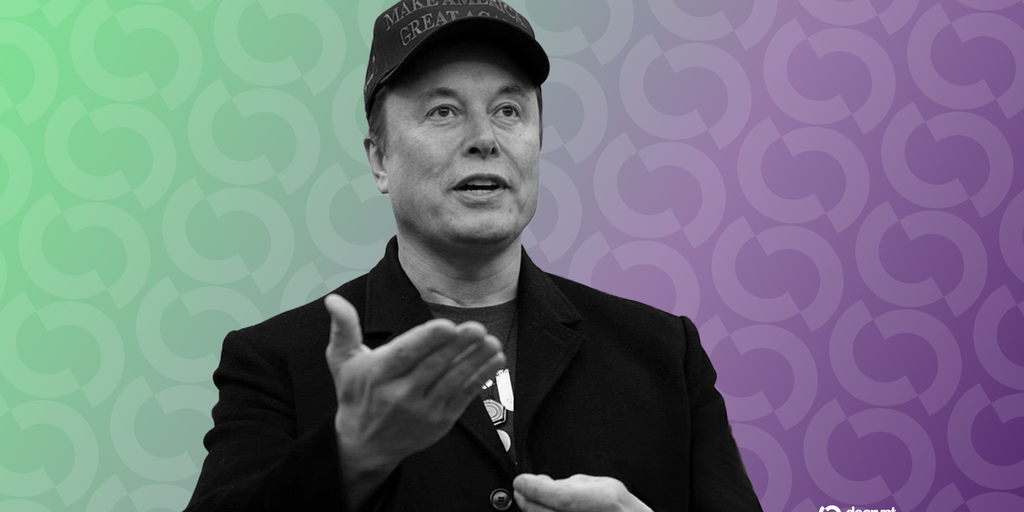
A Twitter Clash That Took the Internet by Storm
In a fascinating collision of culture and technology, Elon Musk, the innovative mind behind Tesla and SpaceX, and esteemed author Joyce Carol Oates engaged in a now-viral debate on X (formerly known as Twitter). The topic? Empathy, humanity, and the role of ‘soul’ in our hyper-rational, algorithm-driven age. The exchange became a global spectacle, capturing the attention of millions and reigniting the age-old debate of art versus engineering.
How It All Started
On November 8, 2025, Joyce Carol Oates, an 87-year-old Pulitzer Prize-nominated author known for her profound explorations of human empathy in her literature, posted a tweet questioning Musk’s detachment from ordinary joys in life. In her words: “So curious that such a wealthy man never posts anything that indicates that he enjoys or is even aware of what virtually everyone appreciates—scenes from nature, pet dog or cat, praise for a movie, music, a book… The poorest persons on Twitter may have access to more beauty & meaning in life than the ‘most wealthy person in the world.’”
The tweet sparked an extraordinary reaction, amassing nearly 5 million views and over 83,000 likes, reflecting a collective curiosity about the persona of the world’s richest man.
Elon Musk Hits Back
Musk did not hold back in his retort. Responding with a stream of personal attacks, he accused Oates of being a “lazy liar” and a “semicolon abuser.” Musk dismissed her critique, claiming everything in her post could be disproven with a “simple search” and further doubled down on his criticism, calling her work “laboriously pretentious drivel.”
However, irony seeped into the discourse as Musk attempted to prove his artistic and cultural awareness by referencing iconic sci-fi films like Blade Runner and Aliens. This effort backfired with many users, who interpreted it as reinforcing Oates’s original critique: a perceived lack of connection to common human experiences.
Technology vs. Humanities: A Larger Debate
This viral exchange transcended mere celebrity gossip. It posed profound questions about the philosophical divide between technological innovation and the humanistic arts. Oates, a long-standing advocate of empathy and emotional depth in her writings, represents the humanities’ assertion of looking inward and focusing on beauty. Musk, on the other hand, embodies the relentless pursuit of progress and disruption, viewing empathy more as a challenge than a virtue.
Even Grok, Musk’s AI chatbot, weighed in on the matter, describing the debate as a clash between “hyper-rationalism” and “humanistic wanderlust.” The cultural divide between creators and critics, engineers and artists, was never more clear than in this polarizing interaction.
Empathy in a Digital Age
While Elon Musk and Joyce Carol Oates remained at odds, the professor-turned-novelist extended a somewhat conciliatory tone, acknowledging Musk’s willingness to allow criticism of himself on X, even if it lacked direct engagement. In her parting comment, Oates wryly remarked: “It is impressive that Elon Musk allows critical commentary of himself on X. That is not usually a magnanimity of spirit commensurate with the extreme type of non-empathetic person.”
This statement encapsulated the irony of Musk’s dual identity: a disruptor who thrives on free speech, but whose connection to everyday humanity often comes under scrutiny.
Modern Reflections: Finding Balance
This viral spat reminds us of the increasing tension between the worlds of engineering and the humanities. It asks us to ponder: can technological progress and humanistic empathy coexist? As we continue navigating the digital age, finding a balance between the two will become a defining challenge.
Recommended Product
Seeking inspiration to boost mindfulness in a tech-driven world? Check out the “Headspace” app. This leading mindfulness and meditation app allows you to pause, reflect, and reconnect with your inner self amidst the noise of the digital era.






